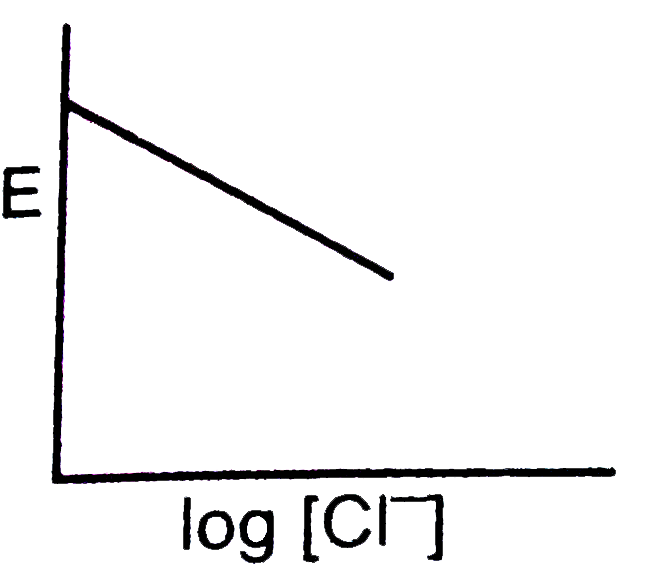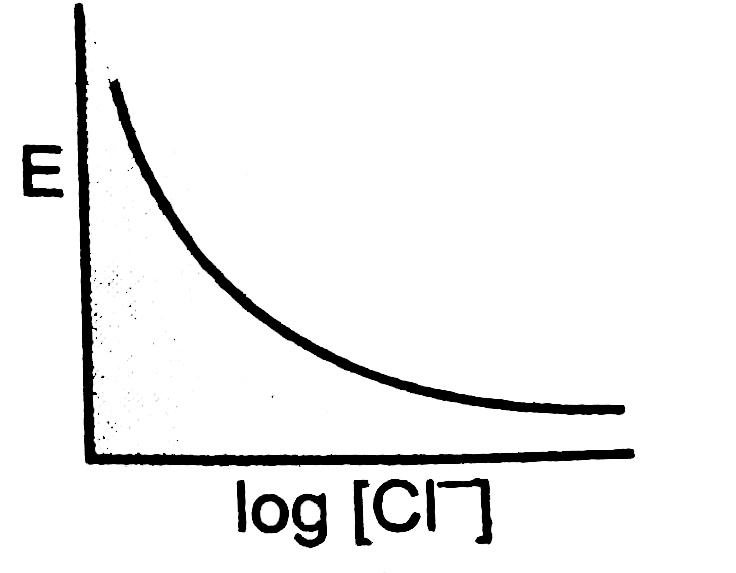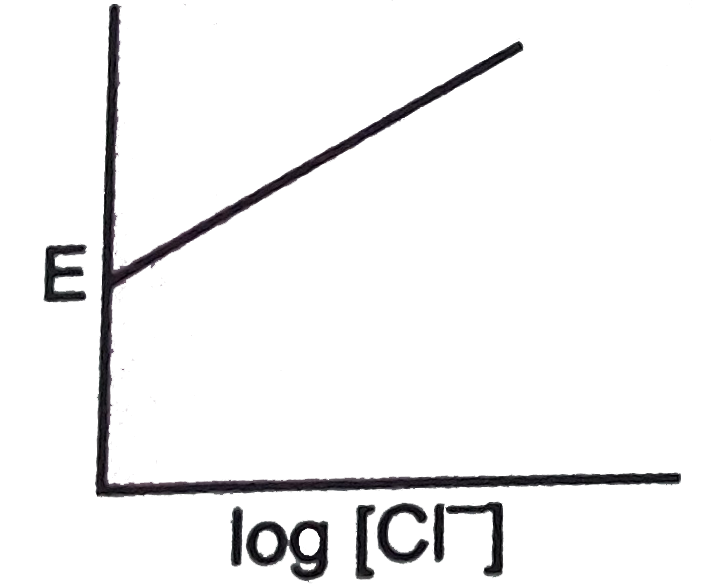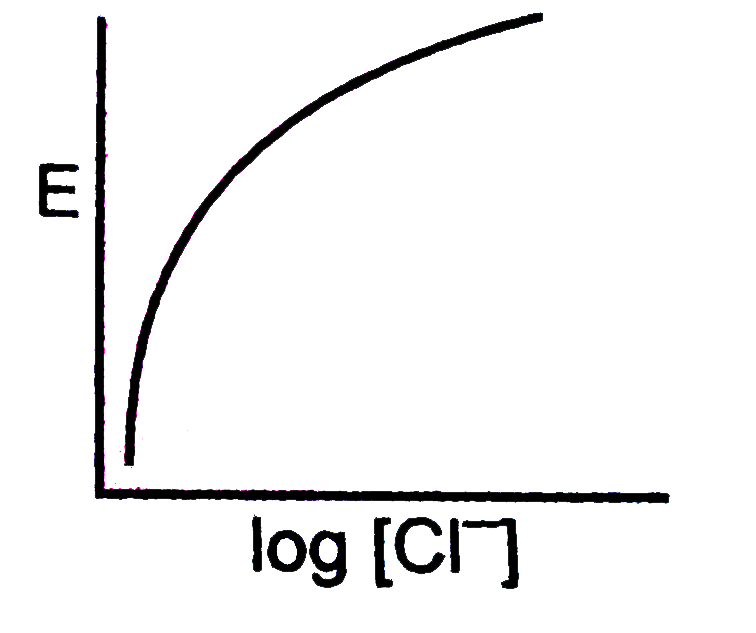The electrode potential measures the
A
tendency of the electrode to gain or lose electrons
B
tendency of a cell reaction to occur
C
difference in the ionisation potential of electrode and metal ion.
D
current carried by an electrode.
Video Solution
Text Solution
The correct Answer is:A
Tendency of the electrode to get oxidised or reduced.
|
Updated on:21/07/2023
Topper's Solved these Questions
- BOOK - DINESH PUBLICATIONCHAPTER - ELECTROCHEMISTRYEXERCISE - REVISION QUESTIONS FROM COMPETITIVE EXAMS198videos
ELECTROCHEMISTRY
- BOOK - DINESH PUBLICATIONCHAPTER - ELECTROCHEMISTRYEXERCISE - SELECTED STRAIGHT OBJECTIVE67videos
ELECTROCHEMISTRY
- BOOK - DINESH PUBLICATIONCHAPTER - D-AND -F BLOCK ELEMENTSEXERCISE - BRAIN STORMING MULTIPLE CHOICE QUESTIONS (MCQS)13videos
D-AND -F BLOCK ELEMENTS
- BOOK - DINESH PUBLICATIONCHAPTER - ETHERSEXERCISE - (MCQs)8videos
ETHERS
Similar Questions
Knowledge Check
- Question 1 - Select One
For the calomel half-cell, Hg,Hg2Cl2∣Cl−(aq) values of electrode potentials are plotted at different log [Cl−]. Variation is represented by
A B
B C
C D
D
- Question 2 - Select One
The standard electrode potential is measured by
AElectrometerBVoltmeterCPyrometerDGalvanometer - Question 3 - Select One
The electrode potential is the tendency of metal
Ato gain electronsBto lose electronsCto either lose or gain electronsDnone of these.
A standard hydrogen electrode has zero electrode potential because :
View SolutionA standard hydrogen electrode has zero electrode potential because :
View SolutionA standard hydrogen electrode has zero electrode potential because :
View SolutionThe electrode potential of a glass electrode depends upon
View SolutionWhat is the electrode potential of a gasous hydrogen electrode dipped in a solution pH=5.0 relative to the calomel electrode with an electrode potential of +0.28V ?
View Solution

